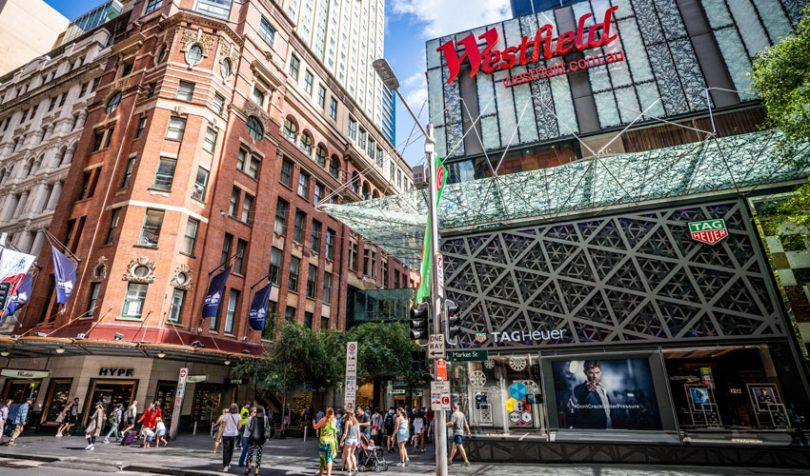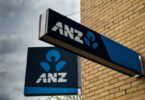Yesterday it was announced that five companies are collaborating to digitize bank guarantees using blockchain. The group is IBM, three banks ANZ, Commonwealth Bank and Westpac, and property company Scentre Group, which operates Westfield shopping centers in Australia and New Zealand.
Bank guarantees are often needed for retail property leases, and this is the initiative’s first use case with the potential to target other industries.
One of the advantages of using blockchain is that the bank digitally signs the issuance of the bank guarantee. In contrast, paper documents are prone to forgery. The other benefits are a reduction in errors and faster issuance, as quickly as the same day.
The project, Lygon, has progressed past the Proof of Concept stage, and it has started to conduct live pilots for the next eight weeks for a test group of property leasing customers. The first version of the project was initially unveiled two years ago although Commonwealth Bank is a more recent addition.
The pilot is focused on Scentre Group’s Westfield living centres, with plans to offer it to other property companies and banks.
All five participants are shareholders in a joint venture company. What’s relatively unusual is that IBM is one of the shareholders. Contrary to perception, in most projects, IBM is a contractor, except for high profile projects such as IBM Food Trust, TradeLens and IBM World-Wire.
This isn’t the first blockchain bank guarantee initiative. In 2017 Thailand’s KBank announced it had successfully developed a Letters of Guarantee solution. It went on to form the Thailand Blockchain Community Initiative (BCI) with 22 banks. That project was developed with IBM Thailand and Accenture.
Last year Standard Chartered and Siemens Financial Services collaborated on a blockchain-based bank guarantee system for trade finance, in conjunction with TradeIX.






